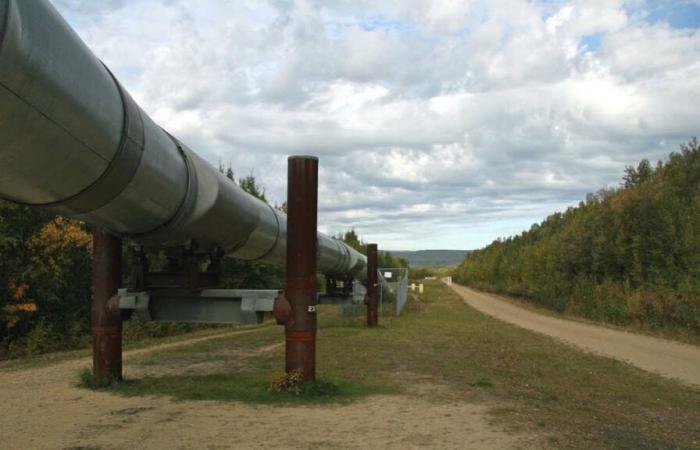While war in Ukraine has deeply reshaped European energy architecture, the search for new partners and reliable sources has become a strategic priority. The gradual judgment of imports of Russian gas, envisaged in 2027 by the European Commission, forced several Member States to urgently redraw their supplies of supplies. Germanyhistorically very dependent on the Russiahad to initiate a transformation of its energy model, including an increased use of natural gas for electricity production, while accelerating its renewable energy projects.
Algeria is gaining ground in the German energy market
The German decision To open its doors to Algerian gas is an important turn. This partnership marks the first concrete foray into Algerian gas on a market long dominated by Russian deliveries. The German Society VNG Consider this supply as a strategic lever, making it possible to secure its energy needs while reducing its dependence in Moscow. The delivery of the first volumes of gas is planned For 2026, via the infrastructure existing between Algeria and Italy, before being redirected to Germany.
This development is part of an energy policy redefined by the new German Minister of the Economy, Katherina Reichewhich provides for the construction of gas power plants for a total capacity of 20 gigawatts by 2030. Its reasoning is based on a pragmatic reality: Renewable sources, although essential, will not be enough to support German consumption. This choice could redefine the role of Algeria as a reliable supplier for a transitional Europe.
Hydrogen: a second strategic lever for Algeria
In parallel of natural gas, Algiers quickly develops its potential in the field of green hydrogen. Thanks to its vast solar resources, its advantageous geographic positioning and its transmediterranean infrastructure, the country aims to become a key player in the decarbonation of the European continent.
One of the most structuring projects is ” SoutH2 Corridor », A pipeline of 3,300 kilometers connecting Algeria to Italy, Austria and Germany, via Tunisia. The objective is to send four million tonnes of green hydrogen per year by 2030. This energy corridor is largely based on existing networks, which reduces implementation deadlines. Unlike the Franco-Moroccan project, now on the trained, this initiative benefits from active financial support from the European Union.
Recent recognition of Algeria As one of the three most promising Arab countries for hydrogen production reinforces this dynamic. Agreements were notably signed with the Sultanate of Omanleader in the development of world hydrogen supply chains. These synergies strengthen the idea of an Algerian energy strategy based on both fossil and renewable energy.
Redefined regional opportunities
The reorientation of European energy policy, dictated by recent geopolitical upheavals, also redesigns balances in the Maghreb. Algeriathanks to its combination of existing infrastructure and future projects, seems in a favorable position. Its partnership with Germany is not just a simple export contract: It reflects complementarity between European needs and Maghreb resources.
Beyond gas, hydrogen and green ammonia offer concrete perspectives for long-term positioning. The networking of industrial actors, logistical availability and European political support contribute to making Algeria an increasingly essential energy interlocutor.
If the evolution of the market remains dependent on technological advances and geopolitical balances, the refocusing of Europe on partners like Algeria shows how a constraint – The loss of a major supplier – can open sustainable regional opportunities.








